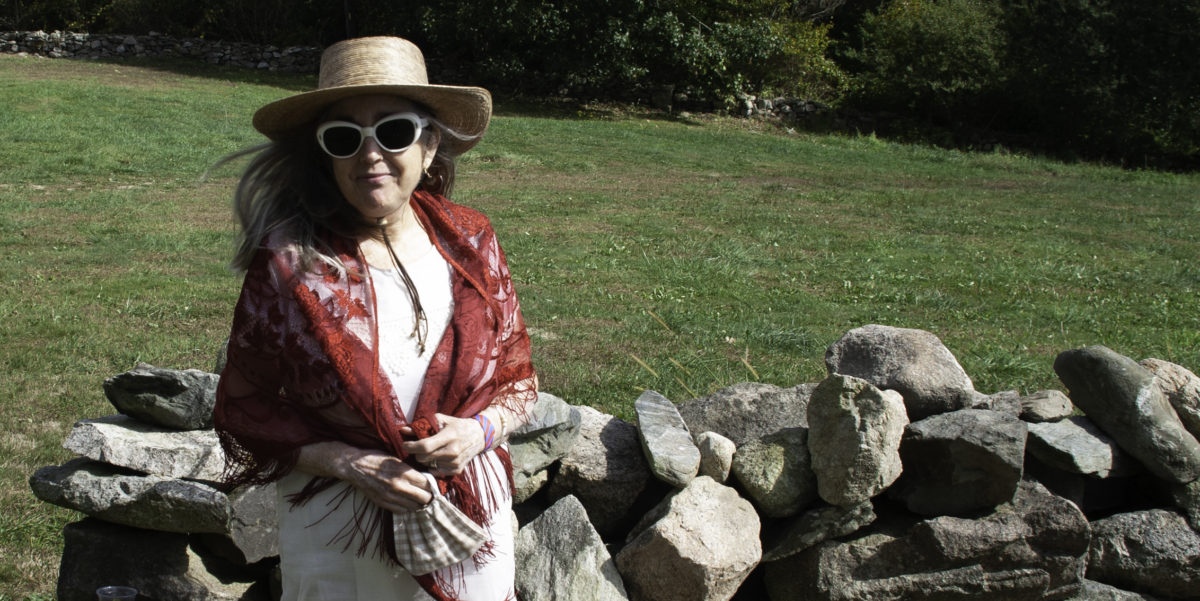
“We do not see things how they are, we see things how we are.”
— paraphrased from many sources but the original source I saw was the Talmud so I’ll stick with that (plus it’s easier for me to remember).
As I work on my writing, good or bad, just getting it done (think Portfolio Project), what I write does not always reflect my true feelings. Sometimes what I write is more in the interest of the flow, and how the piece will read — will it be halting and stumble over just — the — right — words, or will it flow and move over the words lightly, not worrying too much. Will the easy words be the ones that cut those who read too deeply? I hope not — in the interests of the story, I tend to write lightly, very tongue-in-cheek, and pretty much how I talk (not always good — I am the queen of foot in mouth syndrome, still learning to think before I speak) . It’s kind of like sharing our parenting “horror” stories to lighten them up a bit (considering how scared or angry or embarrassed we were at the time), or our war between the sexes stories (Nick and Nora, Spencer and Hepburn, Ralph and Alice).
That’s where the Talmud quote comes in . I could tread very softly, and measure every word or I could recognize this kind of seeing in myself, accept it in others, and not take so much to heart.
** polaroid from my hotel at UMass in September







